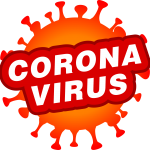
These are very stressful times. With sickness and death seemingly stalking us from all corners of the globe, it would be very little surprise were you not seriously thinking of firing up a bowl or rolling a fatty to take off some of the edge. After all, we don’t know how bad this is going to get or how long it’s going to last.
I don’t blame you for thinking about it and I certainly wouldn’t condemn you were you to be partaking. That said, I feel as though I need to warn you about some associated dangers when it comes to mixing weed and SARS-Cov-2, the virus that’s causing the COVID-19 pandemic. I want you to be safe and get through this situation unscathed.
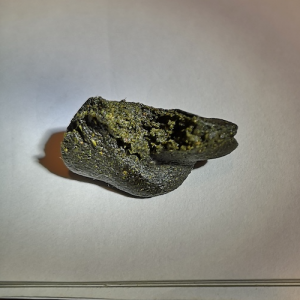
The problem that needs to be discussed is inflammation. Any time we ingest smoke, the particulate irritates the lining in our lungs. The inflammation caused by smoking weed is similar to both that of bronchitis and tobacco. And while there’s no question that cannabis has some protective properties that minimize the risk of developing cancer, the fact remains that smoking causes inflammation of the delicate linings of the lungs.
If you’re shaking you’re head about that claim, pause to consider whether you know anybody with a toker’s cough. I had a nasty bark that stuck with me for decades. In fact, I can’t think of a single person I knew who smoked heavily and didn’t have a phlegmy cough. Literally everybody I’ve known with a steady diet of bowls and fatties have had that characteristic cough. It goes and hand-in-hand alongside the munchies.
The problem is that if we’re chronic smokers, we are unavoidably going to have at least minor levels of chronic inflammation of the airways. When we add COVID-19 to the mix, we set ourselves up for health complications. I’m not claiming that such complications are a given, but the mortality rates of COVID-19 are looking to be around 10x that of the seasonal flu. The last look at the numbers posted by the WHO had the mortality rate among confirmed cases at approximately 6%. That’s 6 out of every 100 people, folks.
We need to take this seriously.
When I started looking at the WHO numbers for COVID-19, the mortality was at a scary 3%. I had expected those numbers to drop as testing (both confirmatory and prophylactic) became more widespread. Alas, that hasn’t happened. Testing has increased, but so has morbidity. That’s not what we wanted to see.
But, Dude, I Only Smoke Once A Day …
Okay, I hear that. The problem is that the smoking will cause the aforementioned inflammation. If you get COVID-19, inflammation from smoking dope will complicate the diagnosis by your medical doctors. Basically put, it would unnecessarily complicate the doctors’ ability to assess your condition. That’s not a great thing.
One of COVID-19’s symptoms is a dry cough. A common trait among light-to-moderate weed smokers is … a light, dry cough. Because joints burn at a lower temperature than tobacco, we get unburnt plant material in our lungs, which causes some inflammation and tends to create a cough due to our lungs attempting to move that material out of our lungs.

I’m not going to lecture you and say you shouldn’t smoke. You’re a big boy/girl and you’re going to make those decisions for yourself. That said, it’s my opinion that smoking weed isn’t your wisest choice during this pandemic. If I were looking for a buzz, I might be inclined to lean towards edibles of some sort. I personally think that reducing inflammation is the most important thing we can do in the face of this illness.
So take it in, give it some thought and make an informed decision. I wish you good health and well-being throughout this uncertain and crazy time we’re in and I hope to see you on the other side.
Health. Healing. Herb.
Be well,
trane
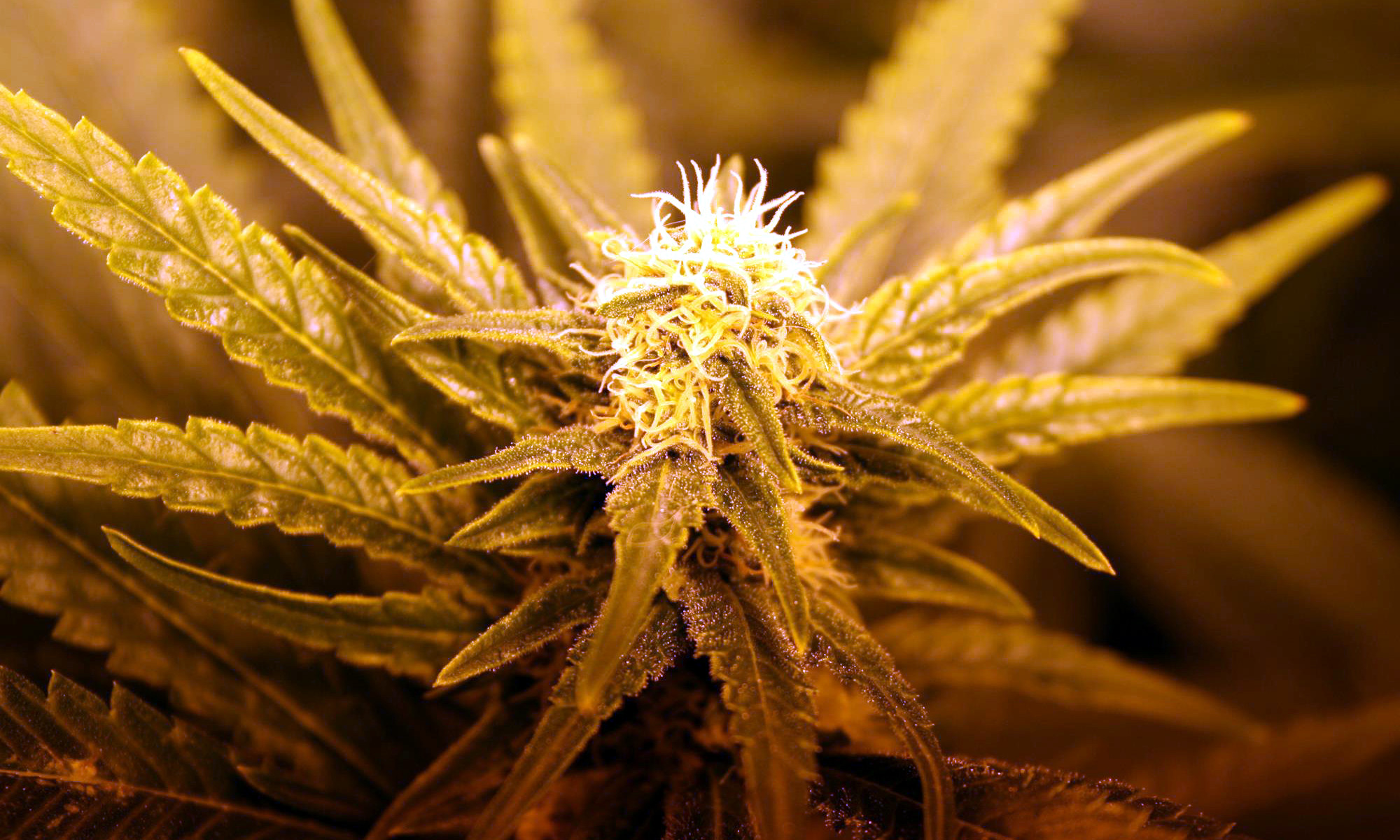

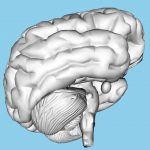 I think it’s fair to suggest that most of us who’ve gotten high have, at some point, walked into another room to do something and realized we have no idea what we went off to do. If you’re like me, you probably had a laugh at your brain fart and then hit the fridge for more munchies. If you’re lucky, you experience very few such episodes and they happen at times when it isn’t an inconvenience.
Some people, however, really struggle with short-term memory loss associated with chronic marijuana use. Worse, the impairment may have more negative effects than bailing on a task and going for the stash of munchies instead. If you’re at all concerned about preventing marijuana-induced memory loss or perhaps even looking for ways to reverse it, we may have a few tips that you’ll find worthwhile.
I think it’s fair to suggest that most of us who’ve gotten high have, at some point, walked into another room to do something and realized we have no idea what we went off to do. If you’re like me, you probably had a laugh at your brain fart and then hit the fridge for more munchies. If you’re lucky, you experience very few such episodes and they happen at times when it isn’t an inconvenience.
Some people, however, really struggle with short-term memory loss associated with chronic marijuana use. Worse, the impairment may have more negative effects than bailing on a task and going for the stash of munchies instead. If you’re at all concerned about preventing marijuana-induced memory loss or perhaps even looking for ways to reverse it, we may have a few tips that you’ll find worthwhile.


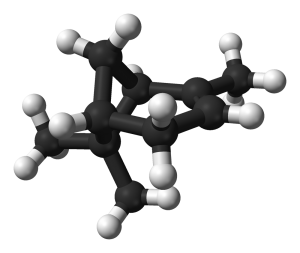
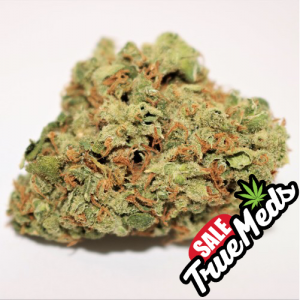
 Irritable Bowel Syndrome is a major issue for a growing segment of society. When the pain hits, the experience can range from discomfort to complete debilitation. If you suffer from IBS, you know well just how bad it can be.
Irritable Bowel Syndrome is a major issue for a growing segment of society. When the pain hits, the experience can range from discomfort to complete debilitation. If you suffer from IBS, you know well just how bad it can be.
 Opioid prescriptions are reaching all-time highs and many sufferers of acute- and chronic pain are looking for alternatives to help manage their pain. With conventional approaches to pain management, many chronic sufferers face the all-too-real risk of opioid addiction, detrimental side effects and reduced efficacy over time. For people who require effective pain management, medical cannabis may be a viable alternative that unbinds them from the chains of potential opioid addiction.
Opioid prescriptions are reaching all-time highs and many sufferers of acute- and chronic pain are looking for alternatives to help manage their pain. With conventional approaches to pain management, many chronic sufferers face the all-too-real risk of opioid addiction, detrimental side effects and reduced efficacy over time. For people who require effective pain management, medical cannabis may be a viable alternative that unbinds them from the chains of potential opioid addiction.